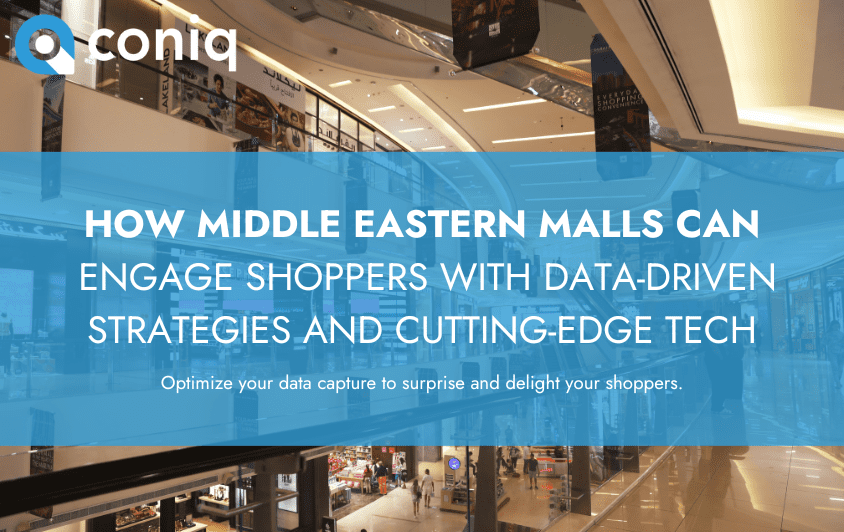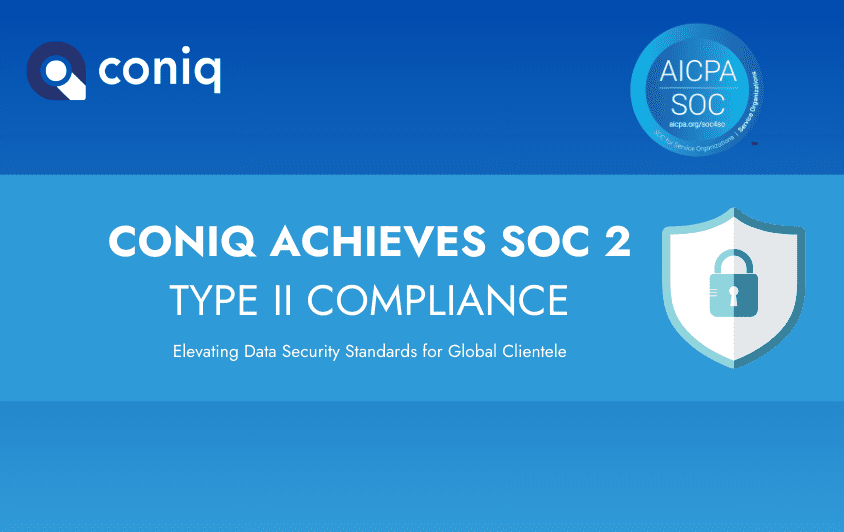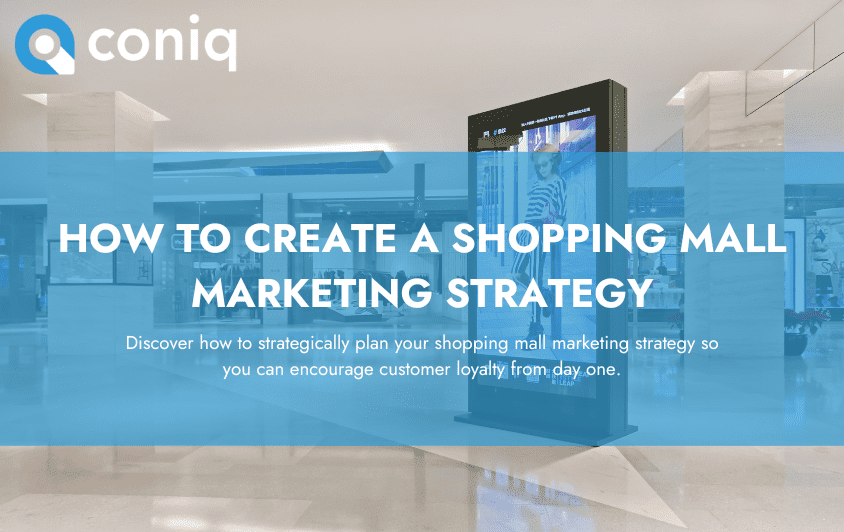We know that your customers expect personalization. Studies show that 76% of customers get frustrated when retailers fail to deliver this. Trust us, it pays to personalize! Businesses that excel at personalization generate 40% more revenue than those that don’t. In the US alone, shifting to top-quartile performance in personalization could generate over $1 trillion in value.
However, to personalize successfully, businesses must leverage customer data. These data insights help them develop new products and services, as well as personalize their customer experience. Leaders in personalization can achieve huge success by tailoring their approach to target the right individuals, with the right content, at exactly the right time. Today’s consumers are digitally minded, generating both ample opportunity and concern for retailers and retail operators.
One such concern is that consumers are increasingly exercising their right to privatize their data. Research shows that data protection is a top priority for today’s consumers. Twilio’s report suggests that 60% of customers say trustworthiness and transparency are the most important brand attributes. However, just 40% say that they trust brands to keep their data secure and use it responsibly. As global data privacy regulations become stricter, retailers and operators must find compliant ways of providing the personalized customer experiences their shoppers expect while also protecting customer data.
That’s why the way you choose to collect your data is essential! 37% of brands exclusively use first-party data to help them personalize. The key to success here is making it easy for customers to control their experience. There are multiple ways that retail destinations can leverage services they already offer, such as WIFI forms, event sign-ups, monthly newsletters, etc. Such methods offer accessible ways for retailers and retail operators to collect basic first-party data. If your customers feel that they are receiving value in exchange for the data they share, they will be more likely to do so willingly. Despite 65% of consumers worried their data is being used without their permission, a similar percentage are comfortable with personalization provided its first-party data that’s been acquired voluntarily.
Due to regulatory changes and subsequent moves from tech giants like Apple and Google, businesses must build a strategy for collecting, utilizing, and responsibly protecting first-party consumer data. However, the end of third-party cookies doesn’t mean the end of personalized marketing strategies. Innovative technologies such as customer engagement solutions are providing data-compliant ways for retail destinations to activate first-party data, enabling them to deliver the personalized experiences that their customers expect while protecting their privacy.
Connecting first-party data requires collaboration across an entire organization. Still, many businesses do not have mature first-party data strategies in place or even a single source of accessible information. Customer engagement solutions can provide retail destinations with a secure, simple-to-use interface, offering real-time customer insights based on first-party data. These types of retail technologies provide retail destinations with various data collection and engagement tools to help them identify customer profiles, discover crucial datasets, segment their audience, and personalize their customer’s experience.
Research shows that creating a respectful and low-friction user experience when managing customer consent is the best way to develop a clear and transparent privacy strategy. Therefore, having the right technology in place is a must, as a secure, data-compliant solution will make it easier to collect and manage customer data responsibly. Don’t forget to let your customers lead the way when it comes to data collection and only ask them for the necessary information. This will help you build customer confidence and loyalty to your brand.
Once you have a fundamental data privacy strategy in place, you can begin collecting first-party data to use as part of your personalization initiatives. To find out more about how to collect and utilize first-party data to personalize your customer’s experience, read our step-by-step guide: Your guide to Personalization in Shopping Malls (coniq.com)






